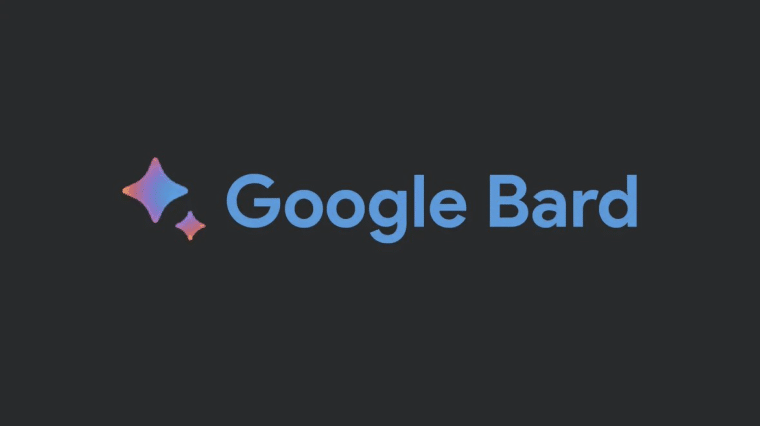
Google has updated its generative Artificial Intelligence (AI) chatbot, Bard, to aid users in writing code to develop applications in a bid to stay on top of the fast-evolving field of AI. The move was made as Google strives to catch up to OpenAI’s ChatGPT which has been able to generate code from the onset.
Bard Generates Code
In February, Google launched Bard which was later publicly released last month. Since then, Google has been working to improve the chatbot and gain ground on competitor ChatGPT which took the world by storm when it was launched in November last year.
A few weeks later, Bard is now able to generate code for users to develop software. In a statement, Paige Bailey, a group product manager at Google Research, said “Today, we’re updating Bard with the ability to help people with programming and software development tasks, including code generation, code debugging, and explanation.”
Now Bard can help you code. We’re updating Bard to help with code generation, code debugging and code explanation, across 20 different programming languages. You can also easily export Python code to Google Colab — no copy and paste required. https://t.co/VM0zsEyk01
— Google (@Google) April 21, 2023
Defined by Google as an experiment, Bard will be able to assist programmers to generate, debug, and explain code in 20 different programming languages including C++, Go, Java, Javascript, Python, Typescript, and even SQL for databases.
Aside from generating code, Bard can help the user to understand the generated code snippets by producing documentation and tutorials for the code. This is especially useful for users who have just begun to learn to program or those who need some extra assistance to comprehend what a block of code does.
Additionally, the chatbot is able to translate the code from one programming language to another. If the generated code is in Python, it can easily be exported to Google Colab without requiring copy and paste. Bard will also be able to generate functions to be used on Google Sheets.
Bailey added:
Bard can also help you debug code, even code that Bard wrote. If Bard gives you an error message or code that doesn’t do what you intended, just tell Bard “this code didn’t work, please fix it,” and Bard can help you debug.
Despite these advancements, Google still warns that the chatbot is still an experiment and it could provide inaccurate, misleading, or false information while presenting it confidently. “When it comes to coding, Bard may give you working code that doesn’t produce the expected output, or provide you with code that is not optimal or incomplete. Always double-check Bard’s responses and carefully test and review code for errors, bugs, and vulnerabilities before relying on it,” Bailey warned.
The AI Race Continues
The launch of ChatGPT by OpenAI last year awakened stiff competition among tech giants for dominance in the field of AI. Soon after, Microsoft made a massive investment in OpenAI which allowed it to use ChatGPT and other AI models developed by the startup in its suite of products. This enabled the integration of ChatGPT into Microsoft’s Bing thus providing AI to users through the browser.
To rival these efforts, Google went on to launch Bard which is powered by the company’s own model, Language Model for Dialogue Applications(LAMDA). Bard was publicly released and made accessible to UK and US residents as the company continues to collect data and feedback so as to improve the model.
Many other companies have continued to release chatbots in order to stay in touch with the current needs of the tech market. Many others such as Atlassian have integrated AI in various ways into their products and services.
Regardless, these companies are playing catch up seeing as ChatGPT offered some of these functionalities such as generating code from the beginning, and has continued to advance since its launch.
Related articles:
-
Google Puts San Jose Campus on Hold as Tech Giants Strive to Cut Costs
-
Crypto Regulations Approved in Europe While the US Stays Stuck in the Mud
-
5 AI-Powered Apps You May Not Know About But Can Start Using Today
What's the Best Crypto to Buy Now?
- B2C Listed the Top Rated Cryptocurrencies for 2023
- Get Early Access to Presales & Private Sales
- KYC Verified & Audited, Public Teams
- Most Voted for Tokens on CoinSniper
- Upcoming Listings on Exchanges, NFT Drops